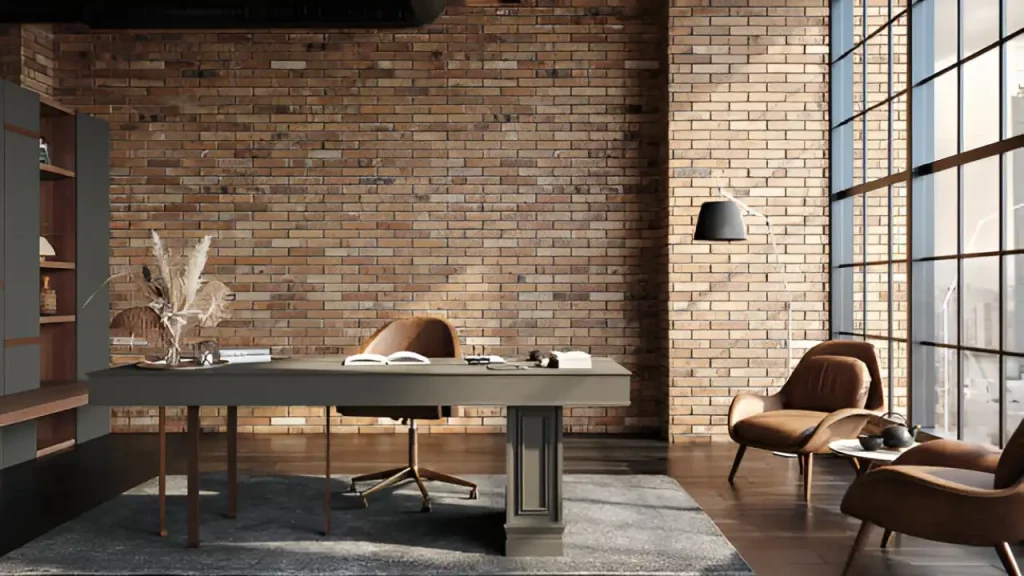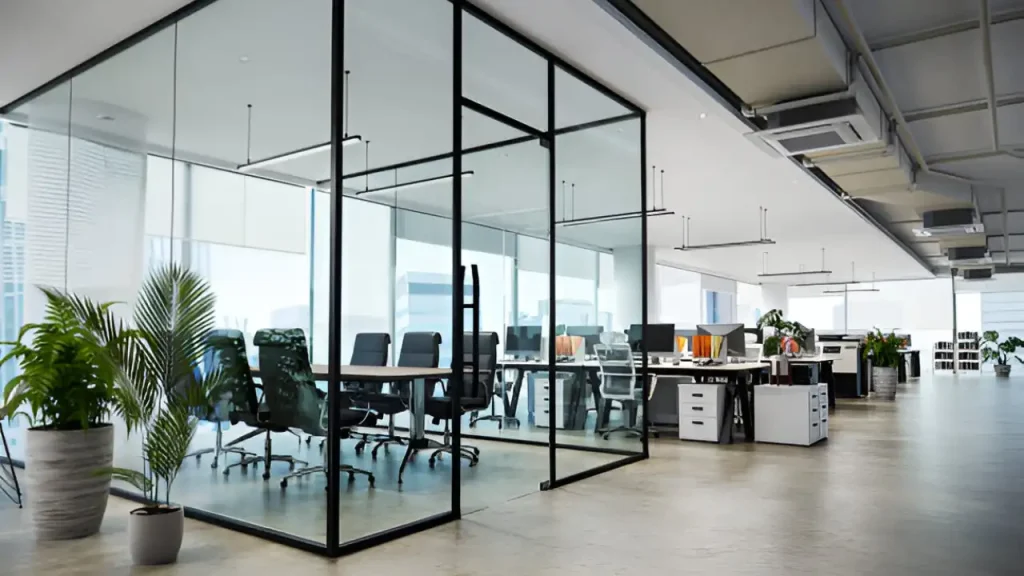Picture this: you’ve found the perfect retail space in the heart of NuLu or a prime industrial site near UPS Worldport — but is now the right time to seal the deal? In Louisville’s booming commercial real estate market, timing can make a huge difference in price, availability, and return on investment. Let’s break down how to make the smartest move.
Table of Contents
ToggleWhen Is the Best Time to Buy Commercial Property in Louisville?
The best time to buy commercial property in Louisville is typically during the spring and summer months (March through August), when market activity peaks. Watch for periods of economic growth and sector expansion, especially in logistics, healthcare, and higher education, which drive demand.
Understanding Market Timing for Commercial Real Estate
In commercial real estate, timing often follows market cycles — phases of expansion, peak, contraction, and recovery. In Louisville, strong economic growth tied to logistics and healthcare can signal the right moment to buy. Watching these market cycles helps investors avoid buying at price peaks.
I still remember helping a friend scout a mixed-use property in East Market District right before a major infrastructure upgrade. Because we timed the purchase during the early recovery phase, he secured it well below today’s value — and now it’s a vibrant hotspot!
The Role of Economic Cycles in Property Purchases
Commercial property values in Louisville shift with the economic cycle — from recession and contraction to recovery and expansion. Buying during recovery often means better deals, while expansion can drive prices higher. Pay attention to local indicators like job growth in logistics or healthcare to spot the cycle’s phase.
How Louisville’s Economy Influences Commercial Property Timing
Louisville’s economy is powered by key sectors like logistics, thanks to UPS Worldport, healthcare, and higher education with the University of Louisville. Booming demand in these industries boosts commercial real estate values, especially in areas like NuLu and East Market District. Investors should align their timing with these growth trends for maximum return. According to the Louisville Metro Government’s Office of Advanced Planning and Sustainability, logistics, healthcare, and higher education are key drivers of local economic growth impacting commercial real estate demand.
A client of mine once targeted a warehouse property near UPS Worldport just as the hub announced an expansion. By closing before public news drove prices up, they locked in a prime spot at a bargain — a textbook example of smart local timing!
Best Seasons to Purchase Commercial Real Estate

In Louisville, the ideal buying season for commercial real estate is typically March through August. During this time, market activity peaks, inventory is higher, and transactions align with business planning cycles. The warmer months also make moving and renovations easier for new owners.
Why Spring and Summer May Offer More Opportunities in Louisville
Spring and summer, especially March through August, represent the busiest and most strategic window for purchasing commercial property in Louisville. These months coincide with higher market activity, as sellers are more motivated and a greater number of listings become available. This uptick means buyers can compare options, negotiate more effectively, and potentially secure properties at fair market value before competition stiffens.
The season also aligns with the operational calendar of many businesses. Companies planning to relocate, expand, or launch new ventures often aim for spring or summer to minimize disruption, making it an active period for retail, office, and industrial real estate. In Louisville’s logistics hub areas, such as near UPS Worldport, demand for industrial and warehouse spaces surges as businesses gear up for the year’s second half. Add to that the practical advantage — better weather means easier inspections, moves, and renovations without weather-related delays.
Financing and Loan Options for Commercial Property Buyers
Securing the right financing is just as critical as timing when purchasing commercial property in Louisville. Buyers typically face down payments ranging from 5% to 25% of the purchase price, depending on the lender and loan type. Common options include traditional commercial loans, SBA loans for small businesses, and REIT partnerships for those seeking shared ownership structures.
Key factors to weigh include the loan-to-value ratio, which determines how much you can borrow relative to the property’s worth, and current interest rates, which influence monthly costs. In Louisville’s market, where opportunities exist in sectors like healthcare, logistics, and mixed-use developments, securing competitive financing terms can provide crucial leverage. Savvy investors often explore government financing programs or joint ventures to reduce upfront capital needs while accessing larger or more strategic properties.
Understanding Down Payments, Loan-to-Value Ratios, and Interest Rate Trends
When purchasing commercial property in Louisville, understanding the financial structure behind your investment is key to long-term success. A typical down payment ranges between 5% and 25%, influenced by factors like the property type, lender requirements, and your business profile. Properties in high-demand areas such as NuLu or near UPS Worldport may demand stronger offers, especially in competitive seasons.
The loan-to-value (LTV) ratio helps gauge how much you’re financing versus how much equity you’re bringing in. A lower LTV means more equity, often resulting in better loan terms and lower interest rates. Speaking of rates — they fluctuate with both national economic conditions and local market confidence. In periods of economic growth or low-rate environments, buyers can secure more favorable terms, making timing your purchase even more crucial. Wise investors monitor both macro trends and local cycles to lock in financing at the most opportune moments.
Hot Neighborhoods and Commercial Hubs in Louisville
When it comes to choosing where to buy, Louisville offers distinct commercial hubs that align with different business needs and investment strategies. The NuLu (East Market District) is a hotspot for mixed-use developments, blending retail, office, and commercial spaces in a vibrant, walkable area popular with tech startups and creative industries. Meanwhile, the UPS Worldport area anchors a thriving logistics and industrial zone, ideal for warehouses, distribution centers, and manufacturing facilities.
The healthcare corridor, extending near major hospitals and the University of Louisville, attracts buyers seeking medical office buildings or related properties. Retail investors often look at established suburban shopping centers or revitalizing corridors like those around Bardstown Road, where both foot traffic and local consumer demand remain strong. Understanding these micro-markets helps buyers match their property choice to the city’s broader economic trends — and position themselves for growth as those areas continue to develop.
Platforms for Finding Commercial Listings in Louisville
Finding the right commercial property in Louisville starts with using the most reliable listing platforms. Local investors and brokers often turn to LoopNet, one of the largest national databases for commercial real estate listings, offering a broad view of available properties across sectors like retail, industrial, and office space.
For those seeking more regional insight, KCREA (Kentucky Commercial Real Estate Alliance) provides listings directly tied to Louisville’s broker network, ensuring access to properties that may not appear on national sites. Commercial Exchange is another valuable tool, combining national scope with local market filters to refine searches by price, size, zoning, and more. Serious buyers often pair these platforms with direct connections to local MLS systems or trusted commercial brokers, who can offer early access to off-market opportunities and guide negotiations based on deep market knowledge.
Key Takeaways: Finding the Right Time to Invest in Louisville’s Commercial Real Estate
Timing your commercial property purchase in Louisville is all about aligning with local economic cycles, seasonal market activity, and sector trends. The ideal window is often March through August, when listings peak and transactions align with business planning. Staying attuned to the city’s economic drivers — like growth in logistics, healthcare, and higher education — can help you spot moments when demand will push property values higher.
Pairing smart timing with the right financing strategy and targeting high-potential neighborhoods like NuLu, the East Market District, or areas near UPS Worldport positions you for long-term success. Ultimately, the best time to buy is when local indicators and your business goals align — and you’re ready with financing and a clear plan.
Final Thoughts
Buying commercial property in Louisville is more than just finding the right building — it’s about timing your purchase to match the market cycle, seasonal trends, and local economic drivers. From the vibrant streets of NuLu to the logistics-rich zones near UPS Worldport, opportunities abound for investors who do their homework.
By understanding how economic growth, financing options, and neighborhood dynamics shape the market, you can make confident, well-timed decisions. Partner with a knowledgeable local broker, stay tuned to Louisville’s economic indicators, and you’ll be well-positioned to capitalize on the city’s thriving commercial real estate scene.
Ready to Find the Perfect Commercial Property in Louisville?
If you’re serious about investing in Louisville’s commercial real estate market, don’t navigate it alone. Work with a local expert who understands Louisville’s neighborhoods, market cycles, and financing options. Let’s make your next move a smart one — whether you’re buying, selling, or exploring investment opportunities.
Frequently Asked Questions
What is the average price of commercial property in Louisville?
The average price for commercial property in Louisville varies widely based on location, property type, and market conditions. As of recent data, industrial and warehouse spaces near UPS Worldport might range from $60 to $100 per square foot, while retail and mixed-use properties in areas like NuLu can command $150 to $300 per square foot. Always consult local brokers for up-to-date figures.
How do interest rates impact commercial property purchases?
Interest rates directly affect the cost of financing. Lower rates reduce borrowing costs, improving cash flow and return on investment. When rates rise, buyers face higher monthly payments, which can influence property affordability and cap rates. Smart investors in Louisville monitor both national rate trends and local lending conditions before making a move.
Is it better to buy or lease commercial property in Louisville?
It depends on your long-term business goals. Buying offers equity growth, potential tax advantages, and control over the property, which appeals to businesses planning to stay in one location long-term. Leasing, on the other hand, provides flexibility with lower upfront costs. In Louisville’s fast-growing areas like the healthcare corridor or East Market District, both strategies can be viable depending on your industry and capital position.
Which areas in Louisville are best for commercial property investment?
Hot spots include NuLu for mixed-use and retail, the East Market District for office and creative space, and zones near UPS Worldport for logistics and industrial properties. The healthcare corridor around major hospitals and the University of Louisville is also attractive for medical offices and support services.
When should I talk to a commercial broker in Louisville?
It’s smart to engage a commercial broker early — even before you start searching. A broker with deep local market knowledge can help you spot opportunities, negotiate deals, and connect with financing options. They also give you access to off-market listings and help avoid common pitfalls in commercial real estate transactions.

